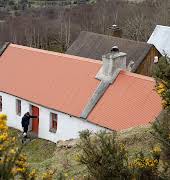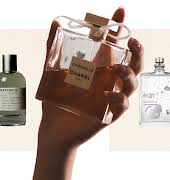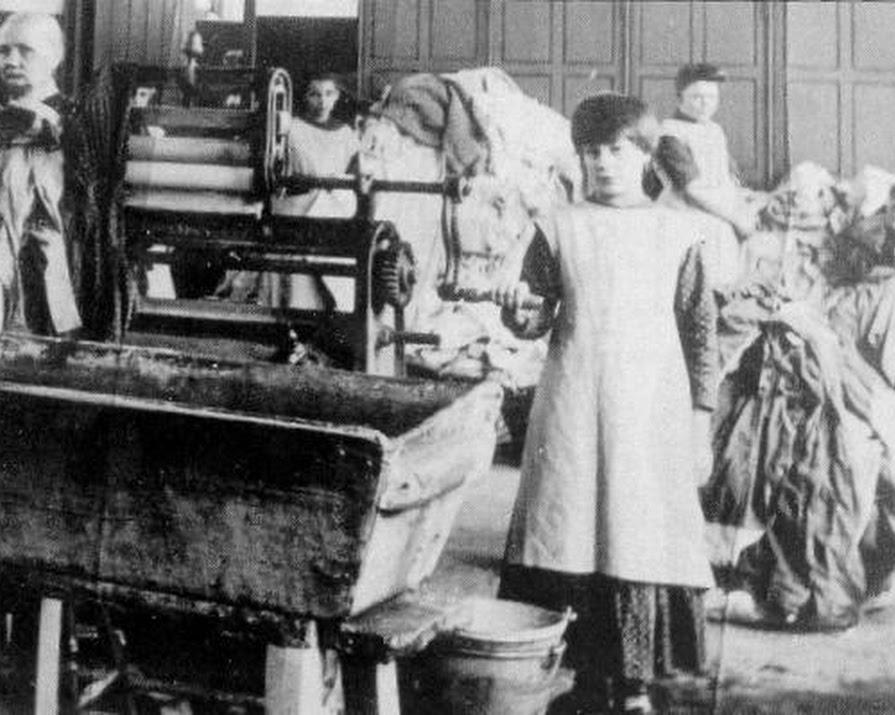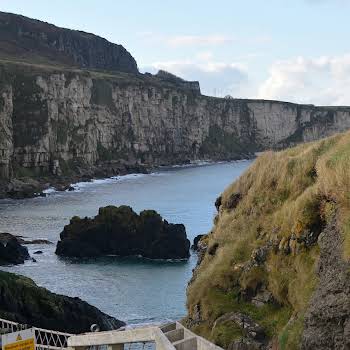
Survivor of Magdalene Laundries takes landmark case against the State to the UN
By Erin Lindsay
18th Feb 2020
18th Feb 2020
Magdalene survivor Elizabeth Coppin said she was subject to abuse and torture for years at the hands of the Magdalene Laundries
An Irish woman who resided in three different Magdalene Laundries throughout her life is taking a landmark case against the Irish State to the United Nations’ Committee Against Torture.
Elizabeth Coppin, 70, claims that the Irish State was “complicit in her arbitrary detention and mistreatment” by the Magdalene Laundries, where, between the ages of 14 and 18, she was subjected to “torture and cruel, inhuman and degrading treatment and punishment”.
Coppin, who now lives in England, is originally from Listowel in Co Kerry and was born to an unmarried mother in the Killarney mother-and-baby home in 1949. In 1951, she was committed to an industrial school in Tralee, which she attended until the age of 14, after which she spent the next four years in Magdalene Laundries in Cork and Waterford. She was discharged in 1968, just before her 19th birthday, and emigrated soon afterwards.
Humiliation, neglect and abuse
Coppin’s complaint to the UN’s Committee Against Torture details the abuse and mistreatment she received throughout her teenage years at the Magdalene Laundries. Coppin alleges she was made to work forced labour, unpaid, for six days a week at each laundry, where she was “subjected at numerous times to deliberate and ritual humiliation; denial of identity, educational opportunity and privacy; neglect and other forms of grave physical and psychological abuse”.
Coppin mentions in the complaint a particular occasion where she was accused of stealing sweets from another resident, and was held for three days in solitary confinement, with no bed, toilet and only one tin cup of water and a slice of bread for each meal.
On another occasion, according to the complaint, Coppin’s hair was shorn, she was dressed in a sackcloth and given a male name, which she says was particularly distressing, as it was the name of a previous abuser in the Industrial School.
Exhausted all remedies
Coppin submitted her complaint to the UN in December, whose investigation may have implications for the Irish State’s approach to historical abuse. Coppin has received payments from the State for the abuse she suffered in the industrial school and laundries, and she had signed a statutory declaration waiving her right to take action against the State. However, the UN is still conducting an investigation into the abuse and has given the Irish State four months to respond.
Coppin alleges that Ireland has broken its obligations under the Convention against Torture by not properly investigating complaints made about her treatment. In her complaint, Coppin says that “she has exhausted all available and effective domestic remedies”.
Featured image: Wikipedia
Read more: Elizabeth Holmes: More details revealed about her Theranos fraud case
Read more: Family confirms Love Island presenter Caroline Flack’s death
Read more: Online harassment and trolling: how to handle cyber-bullying as an adult























